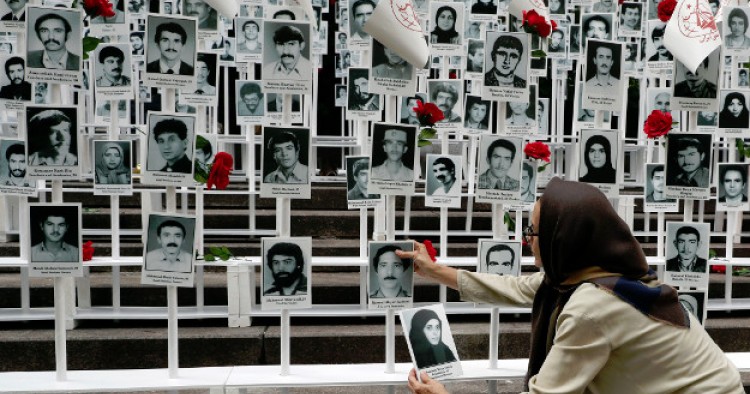Ahmadraza Jalali, a Sweden-based Iranian researcher detained in Iran since April 2016, has begun a second hunger strike in Tehran’s Evin Prison to protest his unfair trial, the Campaign for Human Rights in Iran reported yesterday. The Iranian authorities have reportedly transferred Jalali to solitary confinement as punishment for not breaking his hunger strike. “Ahmadreza asked the judge why he had accepted his lawyers at first, but decided to dismiss them now that the trial is approaching,” Jalali’s wife told the Campaign.“He also called for the [Intelligence Ministry] official who had promised to review his case, but Judge (Abolqasem) Salavati replied that Ahmadreza would never see that official again,” she added. “So, when my husband returned to prison (from Salavati’s office), he phoned the family and told them what had happened and said he was going on hunger strike again.” Jalali, a non-practicing general medicine physician, was visiting Tehran at the invitation of Tehran University.
Comment:
The U.N. and international human rights organizations repeatedly condemn the Iranian regime’s illegal arrest and mistreatment of political prisoners. But the recent wave of hunger strikes and its widespread coverage, particularly in the social media, has brought increased attention to the regime’s dismal human rights record. The arrest of Jalali is perhaps one reason that the Swedish government plans to propose a U.N. draft resolution on human rights abuses in Iran on March 10. The Swedish envoy to the U.N. said the purpose of the resolution was to extend the mandate of the U.N.’s human rights rapporteur to probe the Iranian regime’s human rights record for a period of one year. The arrest and mistreatment of Nazanin Zaghari-Ratcliffe, a British-Iranian mother jailed in Iran on spurious charges, is another widely publicized case that has further exposed the Iranian regime’s acts of repression against innocent Iranians, particularly dual citizens.
The Middle East Institute (MEI) is an independent, non-partisan, non-for-profit, educational organization. It does not engage in advocacy and its scholars’ opinions are their own. MEI welcomes financial donations, but retains sole editorial control over its work and its publications reflect only the authors’ views. For a listing of MEI donors, please click here.












